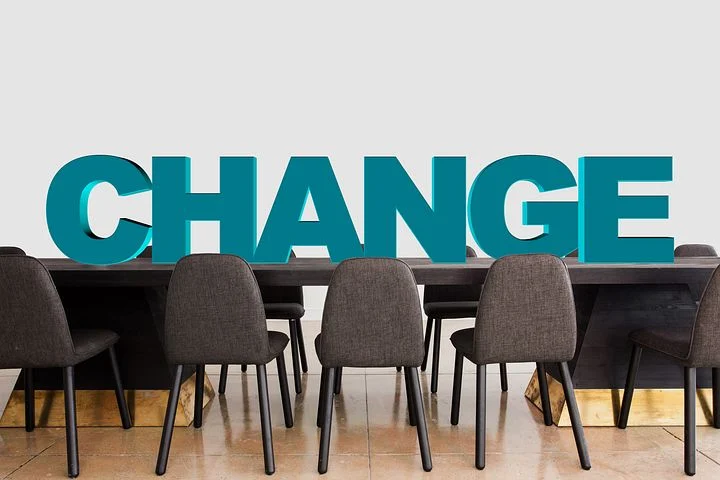The newly formed, Long-Term Offender program, recently met for its inaugural meeting. Over 30 inmates filled the small room. They have all served at least 20 years in SCDC. If not for the bright orange uniforms these men could easily be mistaken for a Kiwanis Club meeting, gray hair and grumbling about.
The men have shown up, looking for some reason to hope after many years of disappointment. Most of them are serving life sentences, some with the possibility of parole. Yet, the parole system in SCDC isn’t based on objective criteria that ensures release if certain conditions are met, and as such it is a mystery to the men gathered as to how they can effectively work toward eventual release.
The meeting begins with mixed news: two parole board members have quit. Because of this, some parole dates have been postponed until the parole board is able to convene with a quorum.
The program leader introduces himself to the group. He has been incarcerated over 30 years and is confident in his leadership role. He speaks frankly, not mincing words. Considering the current state of the system, “Men are going up for parole after 30 to 40 Years of incarceration with no institutional charges. The parole system says, ‘He knows how to beat the system.’”
It has often been said, the best way to appear in parole hearing, is in a yellow Restricted Housing Unit jumpsuit, shackled down, in belly chains and leg shackles. Inmates surmise, the parole board is more likely to award parole to those who have the worst institutional records, thus increasing the likelihood that they will recidivate. The common consensus is that these failures at rehabilitation will prove that inmates are lost causes and validate the repeated denials of the parole board. This depressing appraisal of the broken state of the parole system is believed by many despite no available statistics to prove its truth.
This particular institution is a character institution, which means the men there are the cream of SCDC’s crop. Most of the men have been disciplinary free for more than a year and operate according to a social contract that is enforced by inmate leadership. “When we do good, we should be recognized for that good,” he says. “The character base unit program helps to develop character, but do I want to be a model inmate for the next 30 to 40 years?”
Heads shake around the room, many of the men thinking of their own spotless prison records and all the good it has done them. Most of the men there are serving time for murder. While that sounds like a scary prospect, two elderly female volunteers sit at the front of the room with no corrections officer in sight, smiling and comfortable in the midst of men whose crime reports are admittedly horrendous. Despite the men’s past mistakes, the group of volunteers dedicated to rehabilitating these men often think of them as their family. The volunteers mourn the men’s parole denials after getting their hopes up that this time, would be different. This time, the parole board would understand these men are more than the worst mistake they’ve ever made.
The program leader does most of the talking, mostly speaking of the need for legislation that will reform the system to one marked by common sense. A system rewarding men who have demonstrated rehabilitation. Despite the fact, the system currently resembles something far from that ideal, he encourages the men to continue to show compassion toward each other so they can be an example of redemption.
The meeting comes to an end with a plea for them not to give up, to continue to fight their cases and petition the courts and legislature for change. What could be done toward these ends and whom to write is vague and undefined. The men exit the building and head to chow. Some are pushed in wheelchairs, some slowly shambling along with walkers. Despite no clear plan and no defined objective, they seem more hopeful than they’ve been for some time.
These meetings need to be taking place state-wide and nationally. Men in prison need to know that their ideas and thoughts have value. Not only do they have value, but they create power. Power comes from numbers. The more of these meetings that are taking place, the more momentum that these ideas will gain. Here at Southeast Prison Advocates, we are joining in these meetings and encouraging them. If you know of meetings like this taking place, please let us know and we will offer as much support and direction as we can to these efforts. The solution to these problems comes from a collective effort to educate ourselves and our families on becoming active in the legislation process. The goals are: second look legislation; outside oversight; and restorative justice. Your voices matter brothers and sisters. Keep speaking and educating one another.


Comentarios